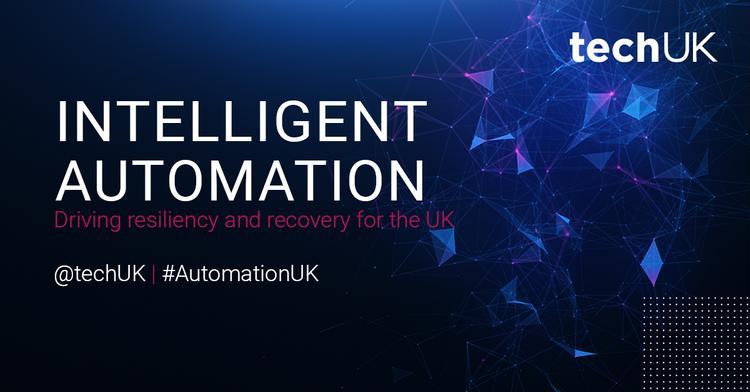Intelligent Automation in Retail - Smart Stores: Dream or Dystopia?

This blog post has been adapted from a longer piece. You can read the full version here.
Imagine the store of the future. You walk in and are guided to exactly where you need to go. As you walk around, personalised offers appear on display screens, helping you save money. Products you had forgotten to put on your list light up as you walk past them, so you can conveniently pick them up and put them straight in to your basket, which keeps a running total of your shop. The integrated screen suggests the perfect items to complement things you have already chosen and guides you to them. The basket also suggests the best route for you through the store, and redirects you away from crowded areas, so that you can come back when they are quieter. Staff no longer have to perform repetitive tasks. Suspicious behaviour will be detected, and the store will alert staff if someone who is banned tries to enter.
Imagine the store of the future again. You take a deep breath and walk in, ready for the onslaught. Your basket immediately starts pinging away at you, telling you which way to go. But you don't want to go that way. The store is desperately pushing products you bought before, or trying to upsell to you. Things are lighting up all over the place, distracting you from your shopping list, and there are no staff to help with queries because everything is done by robots. When you do find a staff member, they answer distractedly and hurry off to fill some shelves, because their every movement is tracked. You are overwhelmed and stop in a corner for a breath, where another staff member appears and asks why you are loitering. Or, instead, you take a deep breath, walk into the store, and an alarm sounds immediately. You are asked to leave by security, but you are not sure why. It seems that they are not sure either. You have to drive to another store, and hope you are allowed to shop there. Clearly this is a nightmare scenario that no retailer would want to create.
These developments are still a few years away, but as we design future store experiences, we must ensure we don't inadvertently create the nightmare customer experiences described in the second scenario. So, how should we assess possible automation decisions? We have identified three key considerations as a starting point.
Business Case: will the automation create value and differentiation? How costly and how feasible is it? For example, self-checkout is proven technology, and could be a differentiator in a bookshop.
Brand Experience: does it improve experience for customers and staff? Does it provide better experience than a human would? How do customers feel about it? For example, bookshop customers might prefer to chat to staff about books while they are paying.
Ethics: could this automation have unintended negative effects, and could the business goal be achieved in a more privacy-preserving way? Are customers aware of the automation? For example, in the bookshop, customers will be aware that they are interacting with a self-checkout device and will not need to share any more data than usual. However, an unintended consequence could be to exclude customers unable to use self-checkout if no alternative is available. Some use cases, such as those based on video analytics need more careful ethical consideration, as customers may be unaware and unable to consent.
There are many benefits to automation. To create the most positive outcomes for customers, employees and shareholders, new automation use cases should be implemented with thought given not just to the business case and how it will reflect on the brand, but with thorough consideration of ethical implications too.
You can read all insights from techUK's Intelligent Automation Week here

Rory Daniels
Rory joined techUK in June 2023 after three years in the Civil Service on its Fast Stream leadership development programme.

Ella Shuter
Ella joined techUK in July 2025 as Junior Programme Manager for Emerging Technologies.

Laura Foster
Laura is techUK’s Associate Director for Technology and Innovation.

Elis Thomas
Elis joined techUK in December 2023 as a Programme Manager for Tech and Innovation, focusing on Semiconductors and Digital ID.








